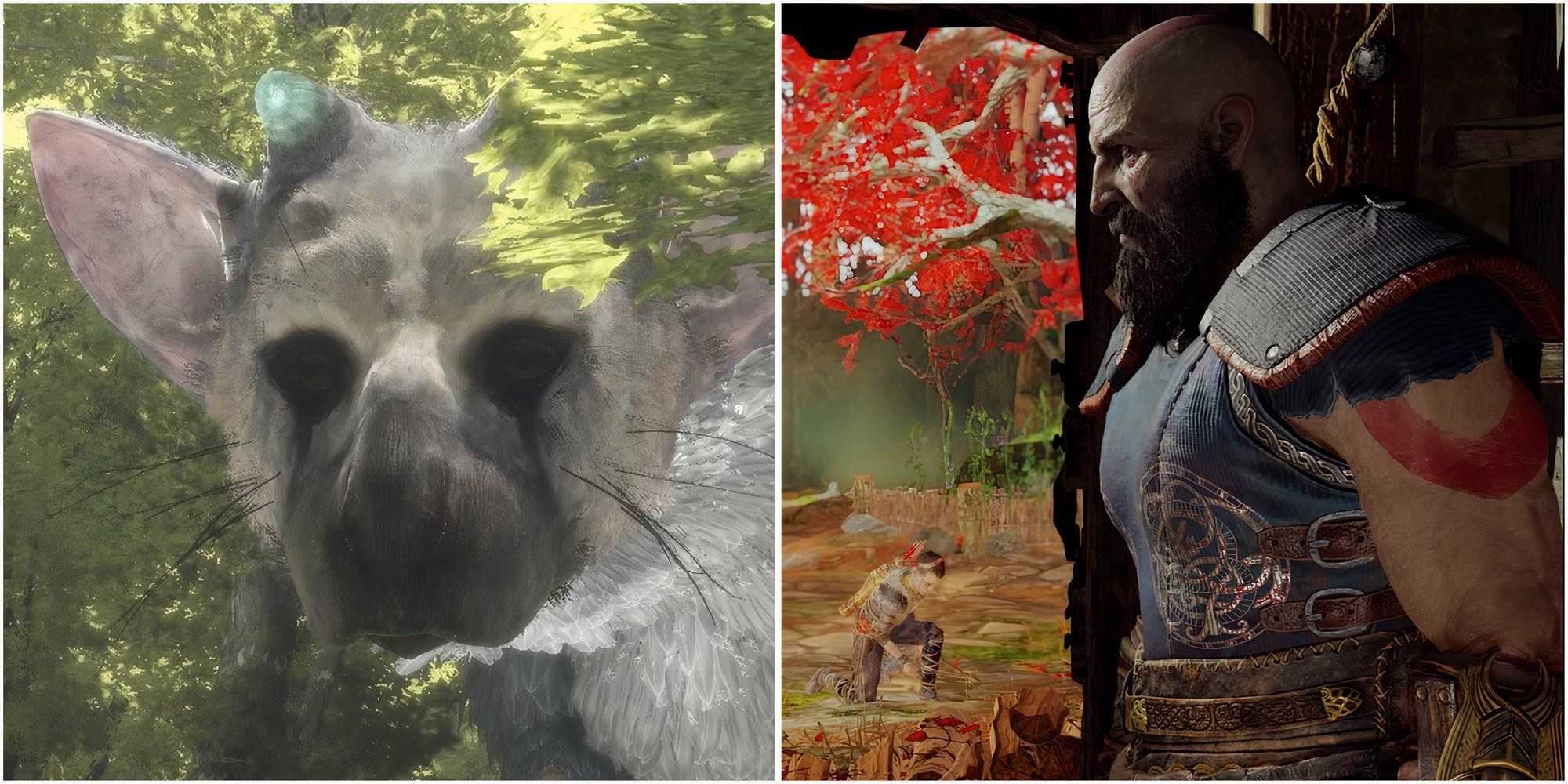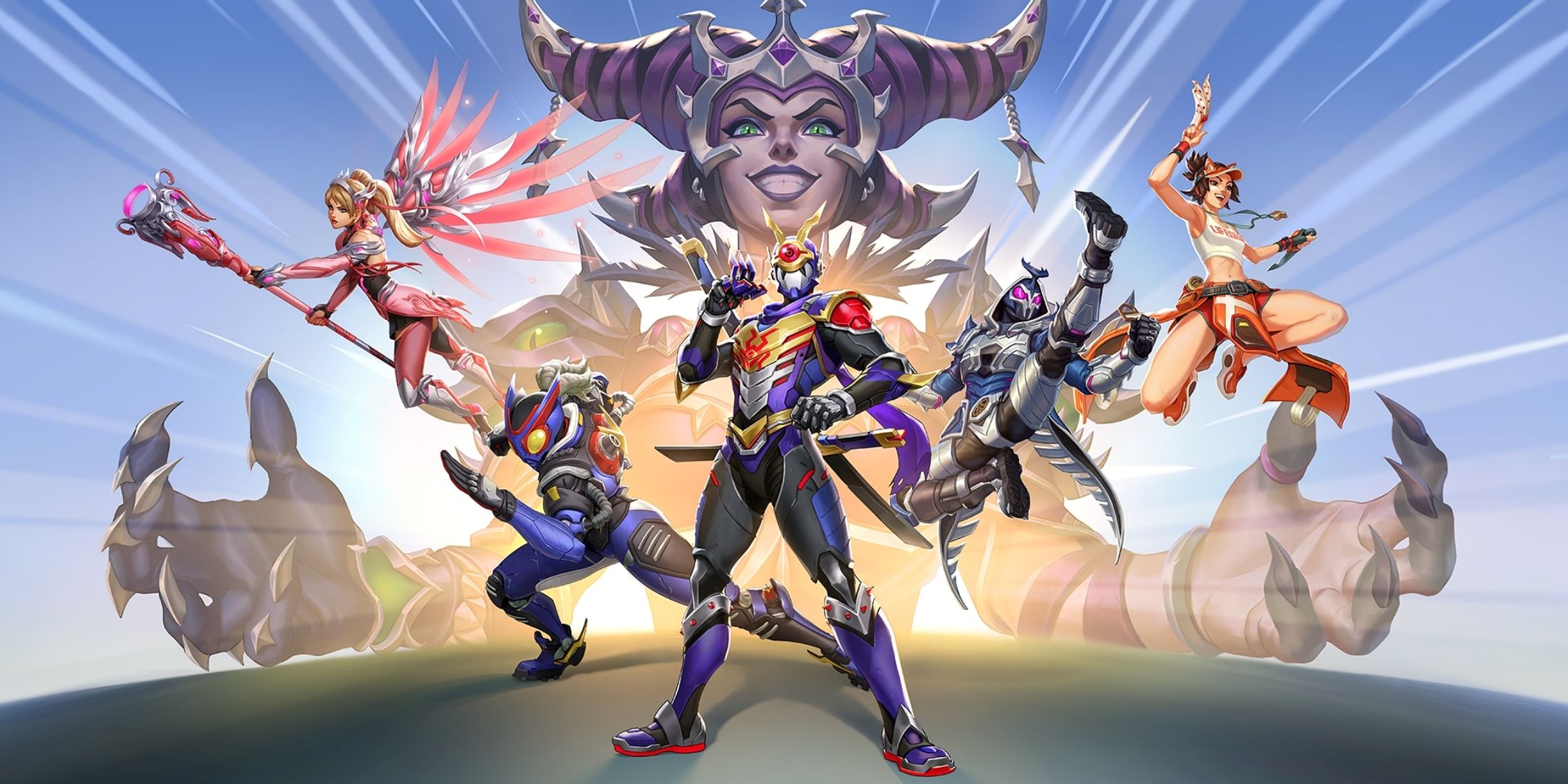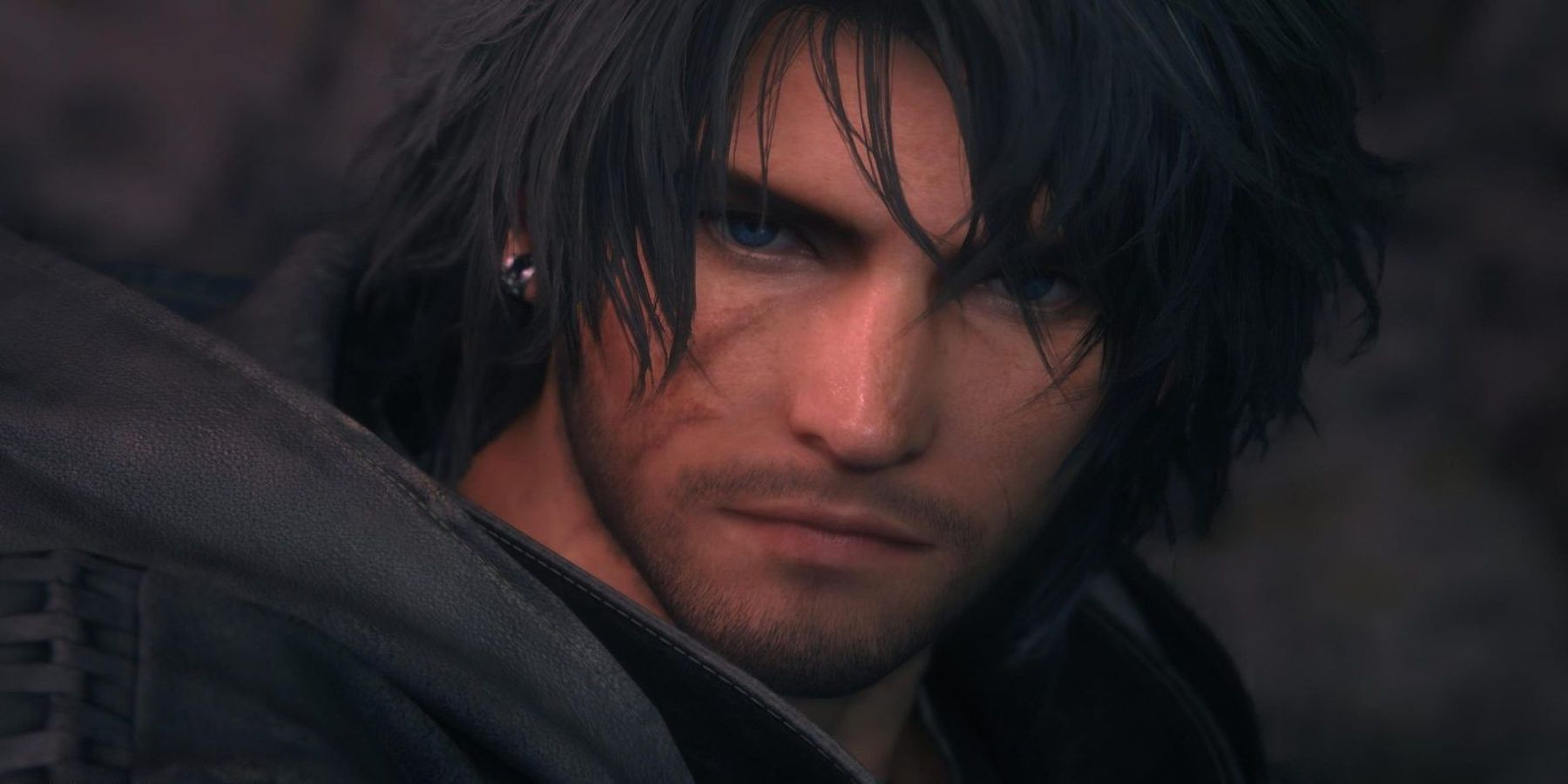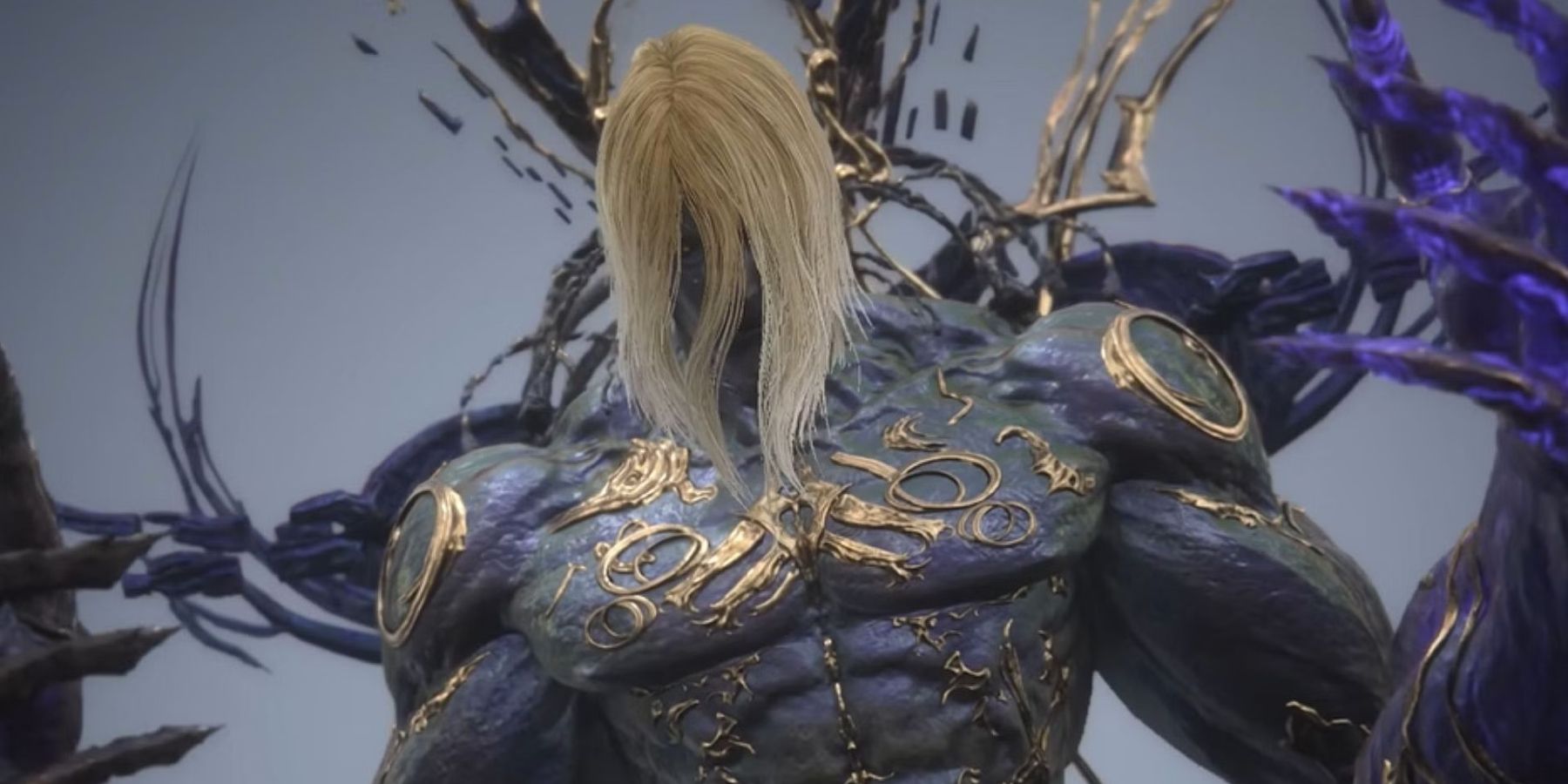Highlights
- The protagonist in Final Fantasy 16, Clive, has multiple names in the game, with two of them, Mythos and Logos, having deep roots in lore and representing different ideals.
- Clive's name changes hold significance in the story, with the name Mythos initially thought to refer to his role as a Dominant, but later revealed to have a deeper meaning connected to Ultima and the Blight.
- The clash between Clive and Ultima represents a battle of wills, with Clive defying his creator's intentions and embracing his free will, ultimately defeating Ultima and setting humanity free from its manipulations and becoming "Logos."
Although seemingly innocuous, a lot of thought goes into character nomenclature in RPGs, and some protagonists have lore that goes deeper than surface level concerning their names. Quite a few have their coinage in comedic relief, like Bartz from Final Fantasy 5, whose direct Japanese translation "Butz" is known to elicit crude laughter for its ridiculousness. However, some aliases take on a more serious role in the general storyline and have bearings on the endgame, as seen in Final Fantasy 16. Final Fantasy 16's protagonist, Clive, takes on several names in the game's story, and two of them - Mythos and Logos - represent concepts that have deep roots in lore.
Final Fantasy 16 takes players on a journey through three periods in Clive Rosfield's life, and he develops a few nicknames in these times that might seem unimportant in the grand scheme of things at first glance. As NPCs switch between referring to Ifrit's Dominant as Wyvern and Cid the Outlaw, discerning gamers would note the consistent pattern of Final Fantasy 16's villains calling Clive by the name "Mythos" in the game's main quest. Originally thought to refer to Clive's role as a Dominant, a closer look at his interactions with Ultima and further progression into the story reveal a deeper meaning to some of Clive's names in Final Fantasy 16.
Mythos and Logos Represent Different Ideals in Final Fantasy 16
Through Clive's quest to destroy every Mothercrystal in Valisthea, players discover he can remove a Dominant's Eikon and take its power for himself, and it is after the destruction of the first Mothercrystal that he comes face-to-face with Ultima. The god-like creature is the first to refer to Clive as Mythos and tries to claim the protagonist as their vessel, although he manages to escape the being's clutches with the help of his brother. With the added pressure of Barnabas, Dominant of Odin, who intends to test Clive and prepare him for Ultima, it becomes clear Mythos refers to a role and isn't an ordinary name.
The key to understanding Mythos - and Logos by extension - lies in Final Fantasy 16's endgame. It is revealed Ultima isn't native to Valisthea, but the creature fled to the planet after corrupting its home with magic, which birthed an apocalyptic Blight. The Blight followed on Ultima's heels, and the being created humanity out of desperation, hoping a human vessel would eventually harbor enough energy to cast a world-creating spell and eliminate the Blight once and for all. They named the vessel Mythos, shedding their physical form and becoming Mothercrystals on Valisthea by splintering their spirits to siphon the world's aether.
Ultima intended to exploit humanity's competitive nature, driving FF16's Valisthea to war and the brink of extinction for the promised Mythos to appear. Clive's mission and subsequent destruction of the Drake's Head Mothercrystal awakened Ultima from their millennia-long slumber, as his newfound powers are the missing ingredient to the spell to create a new world. However, Ultima's abandonment of the human race during its slumber led the people to develop an independent mindset, and this was exemplified through Clive's defiant attitude towards the purpose of humanity's -- and his -- creation. Ultima's dismay is evident as he calls Clive a new name, "Logos", describing the protagonist as a perversion of Mythos.
The clash of wills leads to an epic showdown between Clive and Ultima, both of whom are fighting for what they believe in - Clive refusing to submit to his creator's will and Ultima desperately trying to escape the Blight. In defiance of Ultima's wishes and his purpose as Mythos, Clive defeats Ultima's final form and destroys the final Mothercrystal to set humanity free of the creature's manipulative influence. The Logos moniker, while signifying rebellion against Ultima, represents free will and is an extension of the indomitable human spirit in Final Fantasy 16.
Final Fantasy 16 is available now for PS5.





